Check out this video here:

Ada Lovelace
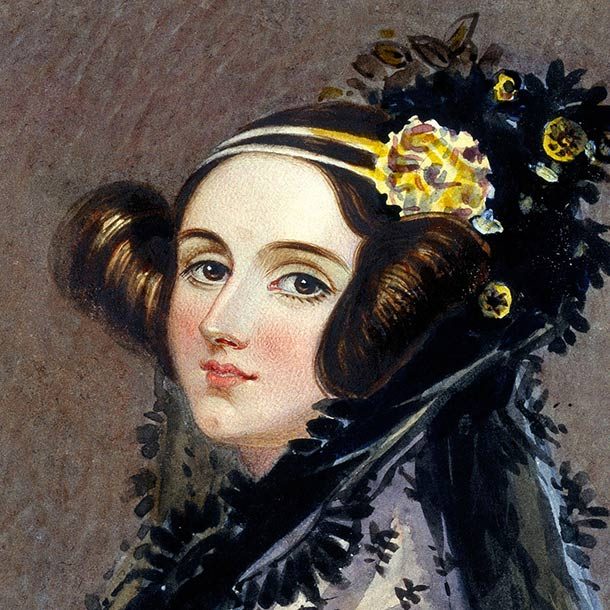
Born in 1815, she is known as the world’s first computer programmer. Her notes on Charles Babbages early general purpose computer, known as the Analytical Engine, are recognized as the first algorithm intended to be processed by a machine.
Giovanni Caselli
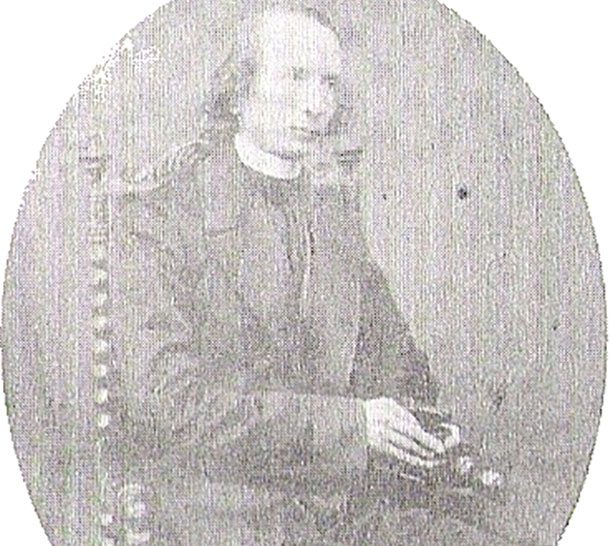 Source :https://www.thevintagenews.com/2016/03/17/pantelegraph-first-machine-transmit-pictures-electronically-considered-precursor-modern-day-fax-machine/
Source :https://www.thevintagenews.com/2016/03/17/pantelegraph-first-machine-transmit-pictures-electronically-considered-precursor-modern-day-fax-machine/ While a physics professor at the University of Florence, Giovanni Caselli invented the pantelegraph which worked similar to a modern day fax machine except it’s about 150 years older.
Henry Heyl
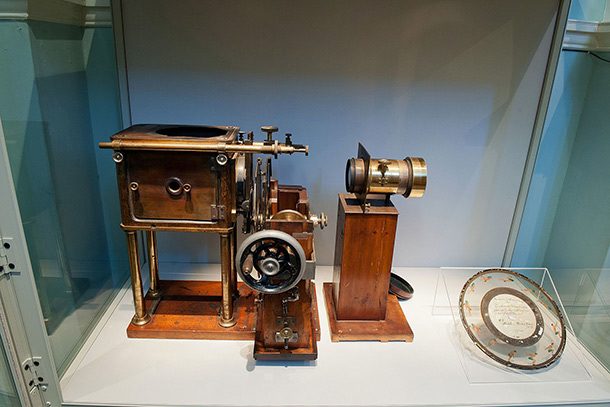
Henry Heyl is often considered the first person to put on a cinema show through a device called a phasmatrope in the mid-1800’s. It gave off the illusion and appearance of motion pictures.
Nathan B. Stubblefield
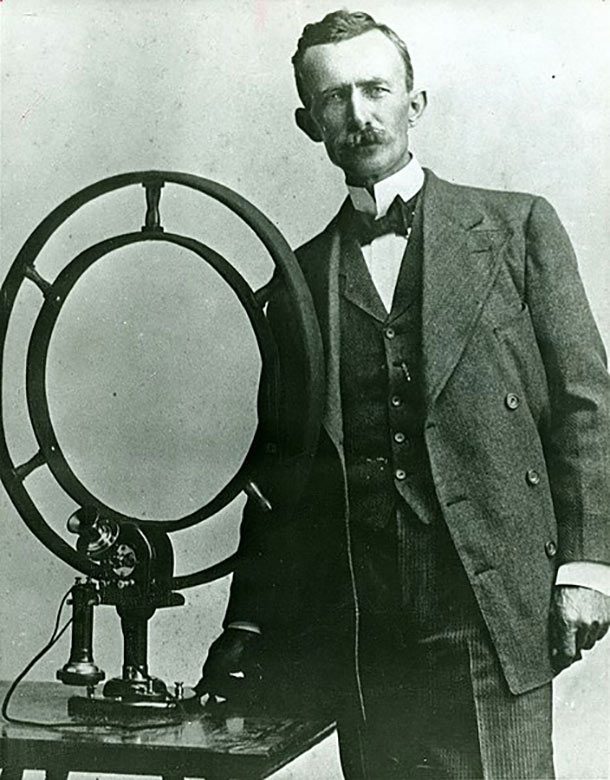
An American inventor and Kentucky melon farmer, Nathan was the first to demonstrate radio in 1902. It didn’t work out, however. While he obtained a patent on the technology, he could never find a way to commercialize it. He became a recluse and died in 1928.
Hercules Florence

Hercules Florence, a Brazilian painter and inventor, developed a process for printing photographs using a technique he called “photographie.” He supposedly referred to this at least four years before John Herschel coined the English word photography.
Patricia Bath
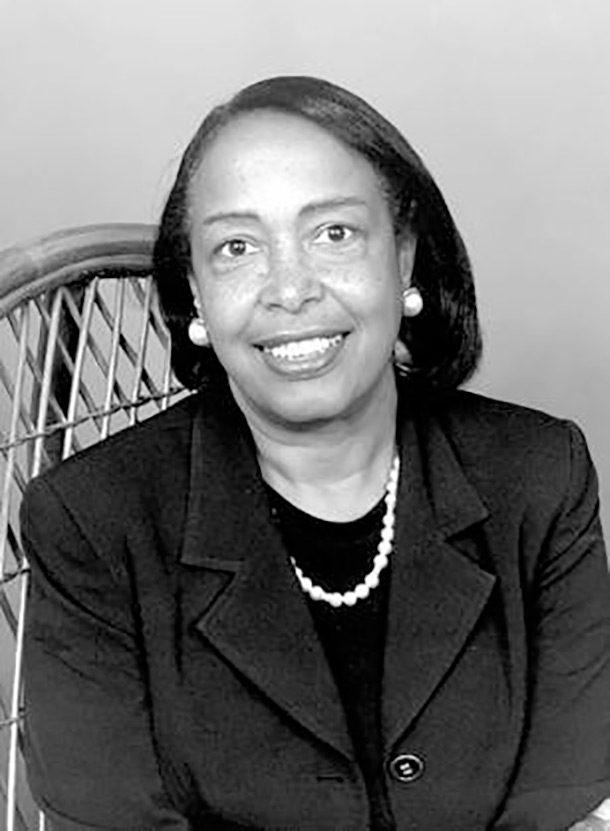
Bath was the first African American female doctor to have a medical invention patented. Her work focused on the use of a laser device called the “Laserphaco Probe” to remove cataracts from the eyes.
Nikola Tesla
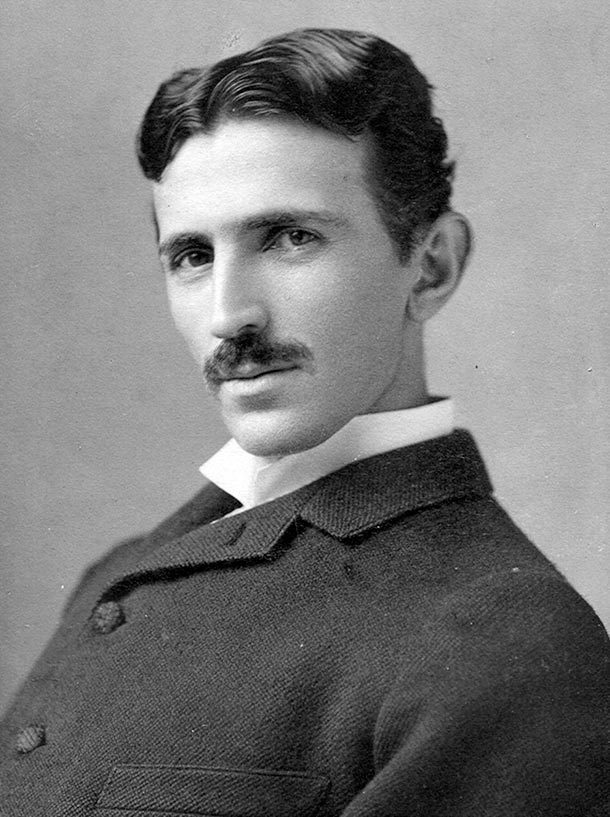
Nikola Tesla was an inventor responsible for fluorescent lighting, the Tesla induction motor, and the Tesla coil. He also discovered what we know as alternating current.
Garrett Augustus Morgan
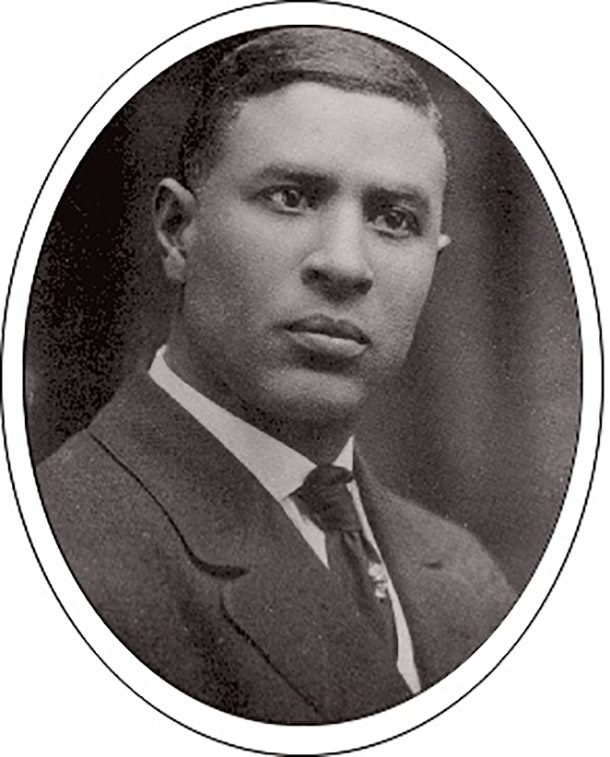
Born from parents who were former slaves, Morgan became a wealthy man from a sewing and tailoring business and invented the automatic traffic signal and the gas mask firemen and soldiers used during World War I.
Benjamin Banneker
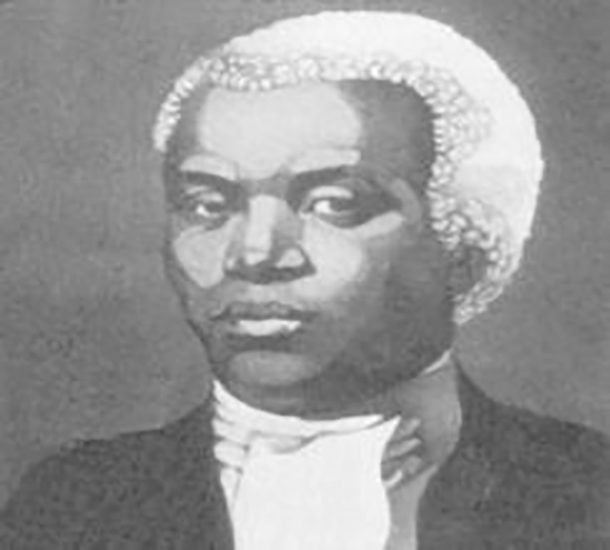
Born to a former slave, this almanac author, scientist, surveyor, and farmer was completely self taught but ended up doing some amazing things that included writing extensively on the subject of astronomy.
Dr. Ignaz Semmelweis
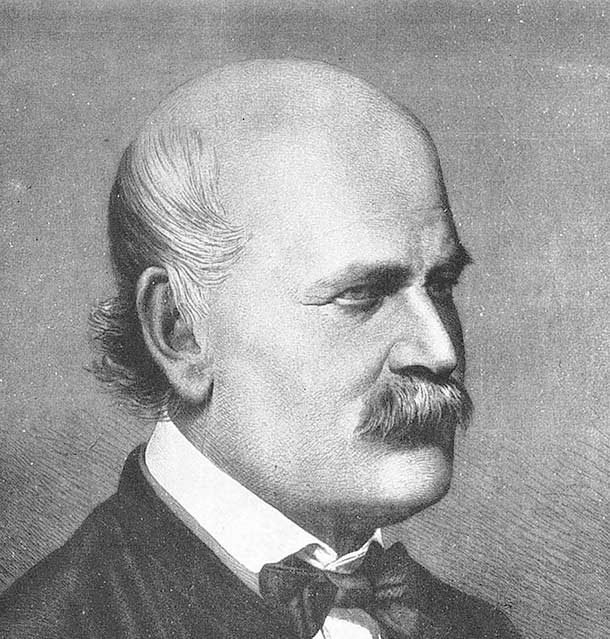 Source: https://www.pbs.org/newshour/health/ignaz-semmelweis-doctor-prescribed-hand-washing
Source: https://www.pbs.org/newshour/health/ignaz-semmelweis-doctor-prescribed-hand-washing Known as the “Savior of Mothers,” Dr. Ignaz’s pioneering work on antiseptics drastically reduced the mortality rate of mothers. With the simple words “wash your hands,” he radically improved the medical field.
Emmy Noether
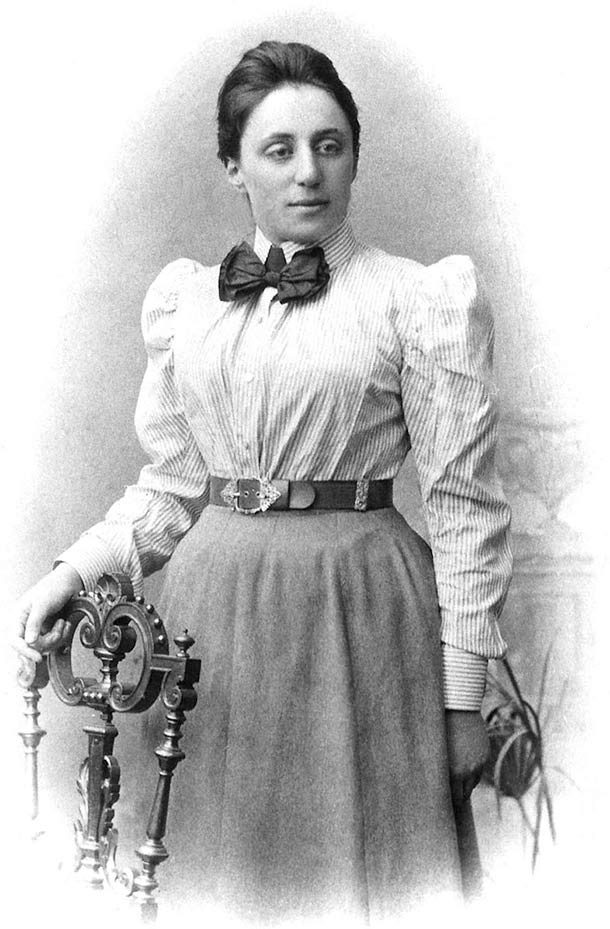
Described by Albert Einstein as the most important woman in the history of mathematics, her work resulted in Noether’s Theorem called “one of the most important theorems ever proved in guiding the development of modern physics.”
Viktor Schauberger
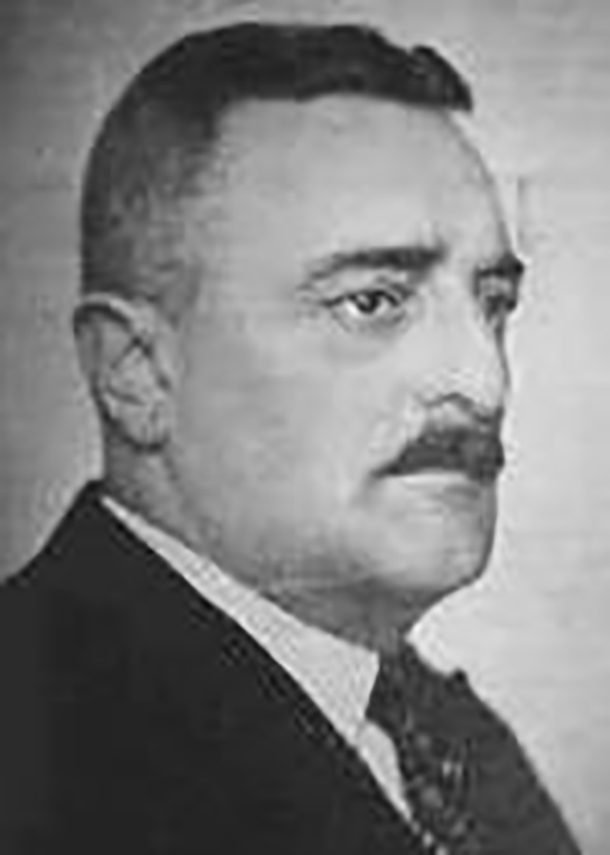 https://www.facts-are-facts.com/article/the-inexhaustible-power-of-water
https://www.facts-are-facts.com/article/the-inexhaustible-power-of-water Born in 1885, Viktor was an early proponent of biotechnology. In one futile experiment, he attempted to make an engine run on nothing more that water and air. While this may seem silly, he did a lot to show the world the colossal power of harnessing and purifying water.
Dr. Charles Richard Drew
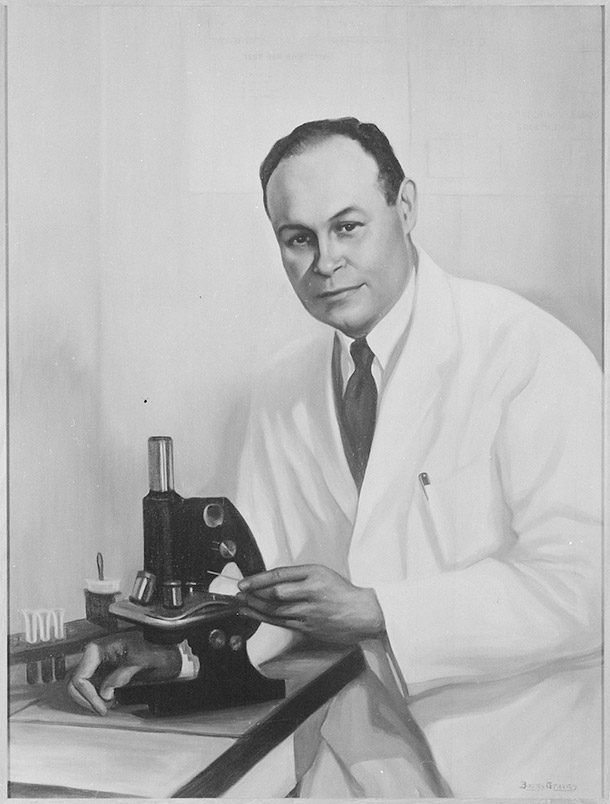 Source: https://www.biography.com/people/charles-drew-9279094
Source: https://www.biography.com/people/charles-drew-9279094 An African-American physician in the early 20th century, Drew worked on the preservation and reconstitution of blood plasma. He organized and managed two of the largest blood banks during World War II but eventually resigned when a ruling decided to segregate African-American blood.
George Crum
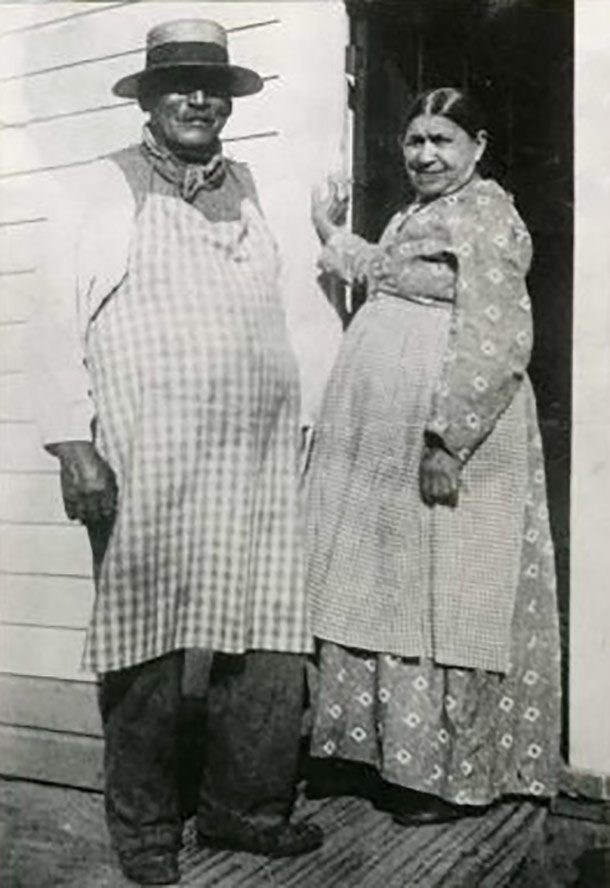 Source: https://www.thoughtco.com/george-crum-potato-chip-4165983
Source: https://www.thoughtco.com/george-crum-potato-chip-4165983 A renowned chef who worked at Moon’s Lake House in Saratoga Springs, New York, this hero did every football party a favor and invented the potato chip.
Willis Johnson
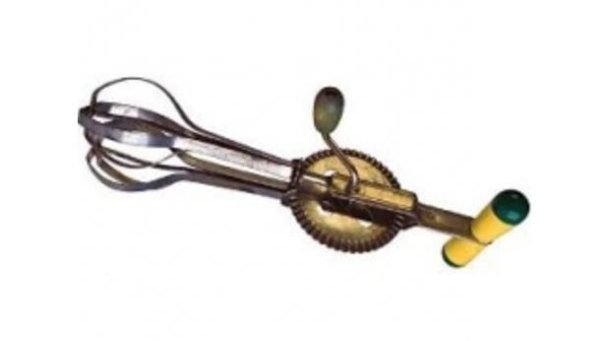 Source: https://www.thoughtco.com/willis-johnson-egg-beater-4072139
Source: https://www.thoughtco.com/willis-johnson-egg-beater-4072139 Johnson revolutionized the cooking world with his mechanical egg-beater in 1884, saving everyone the hassle of mixing tough ingredients by hand.
Thomas Stewart
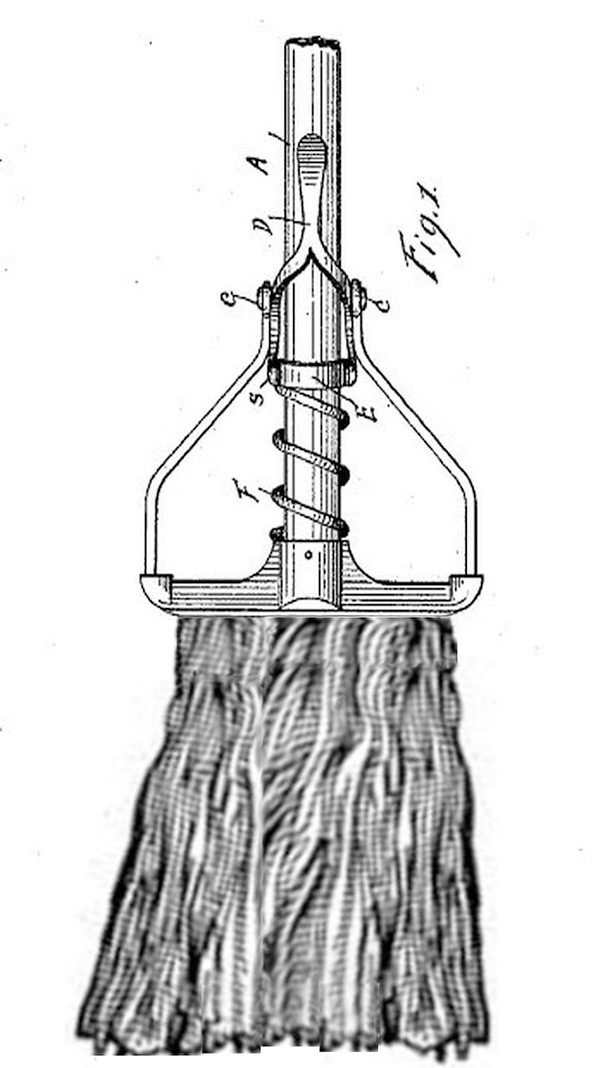
He improved the traditional mop by inventing a clamping mop which could squeeze the water out. He wasn’t recognized as the original inventor, however, because of what many people say was racial discrimination.
William Austin Burt
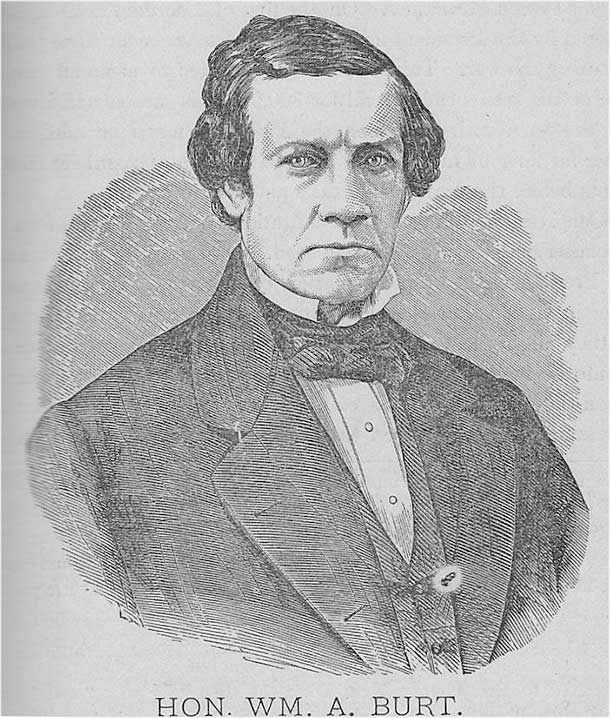
Burt is considered to be the original maker of the first typewriter assembled in the western hemisphere, the first solar compass, and the equatorial sextant.
Dietrich Nikolaus Winkel

Winkel was the inventor of the first successful metronome known as a “cronometer,” but he never protected the idea, and it was taken and patented by Johann Nepomuk Mälzel, who reaped the rewards and the credit.
Walter Hunt
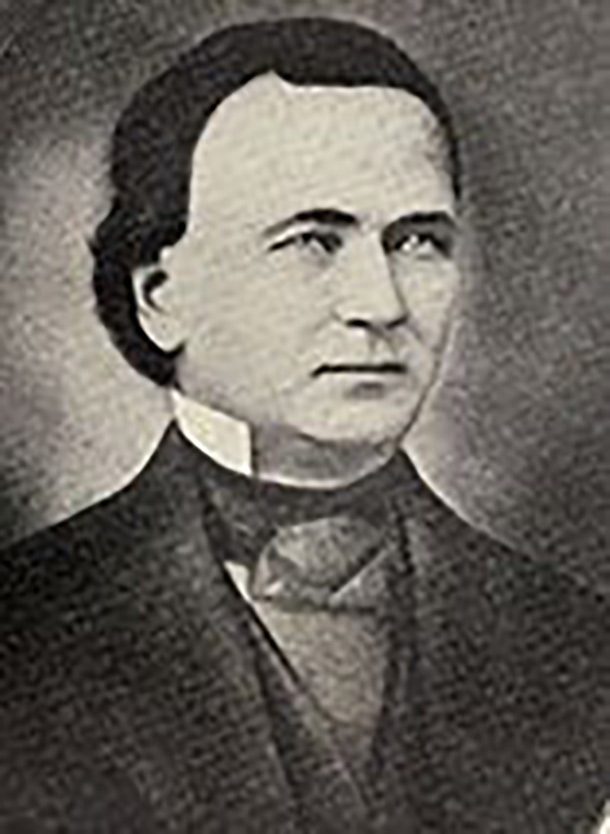
Walter Hunt invented the safety pin, Winchester repeating rifle, hard-coal burning stove, street sweeping machine, and the ice plough.
Frederick McKinley Jones
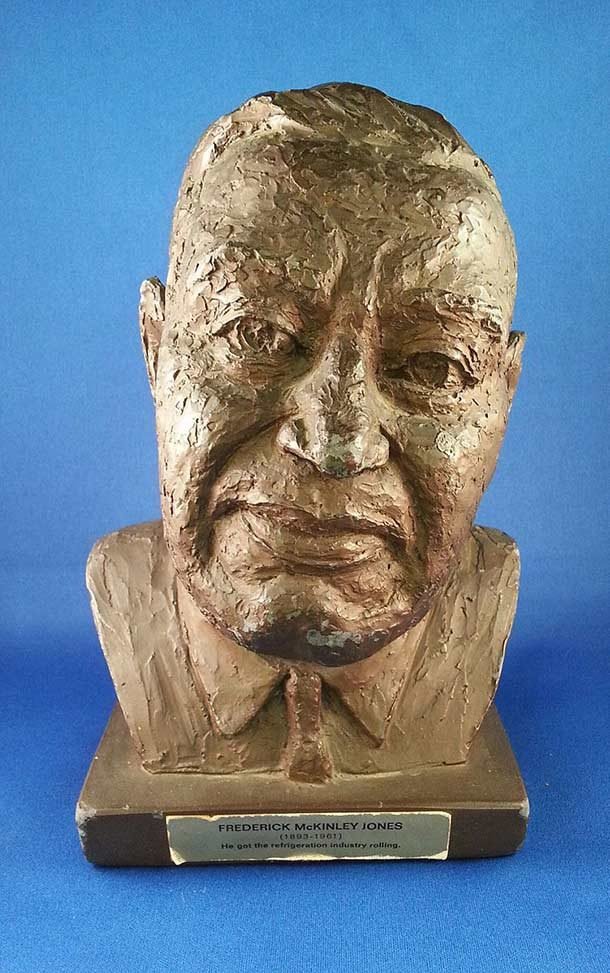
Even with 61 patents that led to innovations in refrigeration and transportation of perishable goods, Fred Jones experienced racial discrimination and was only awarded the National Medal of Technology years after he died.
Daniel Hale Williams
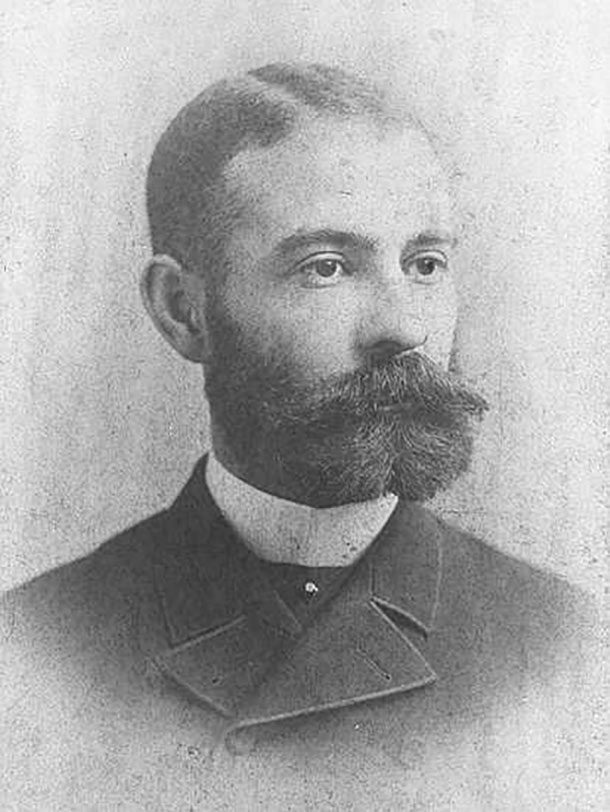
Daniel Williams was the first physician to successfully conduct an open heart surgery and was also the first black physician to be inducted into the American College of Surgeons.
Peter Cooper
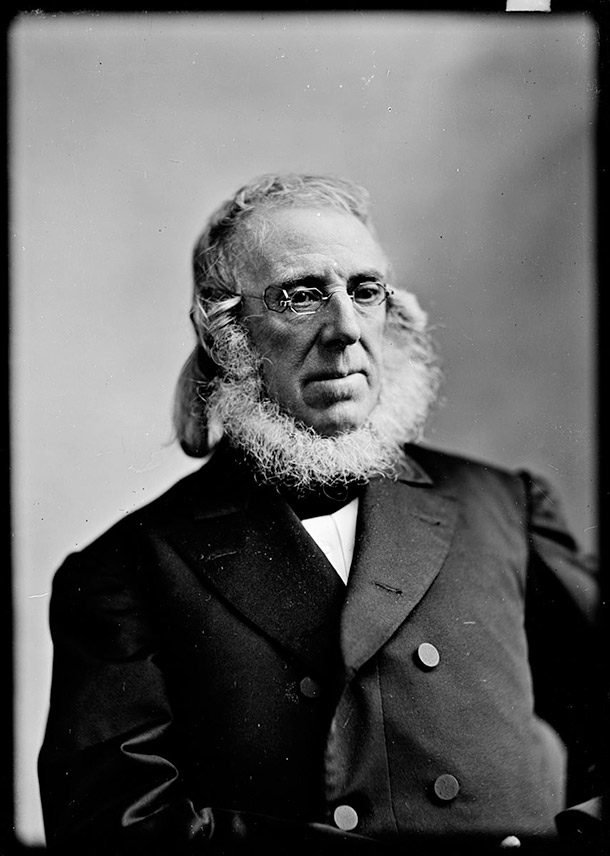
Cooper invented and patented fish glue, a form of glue primarily used to hold papers together.
William Lyman
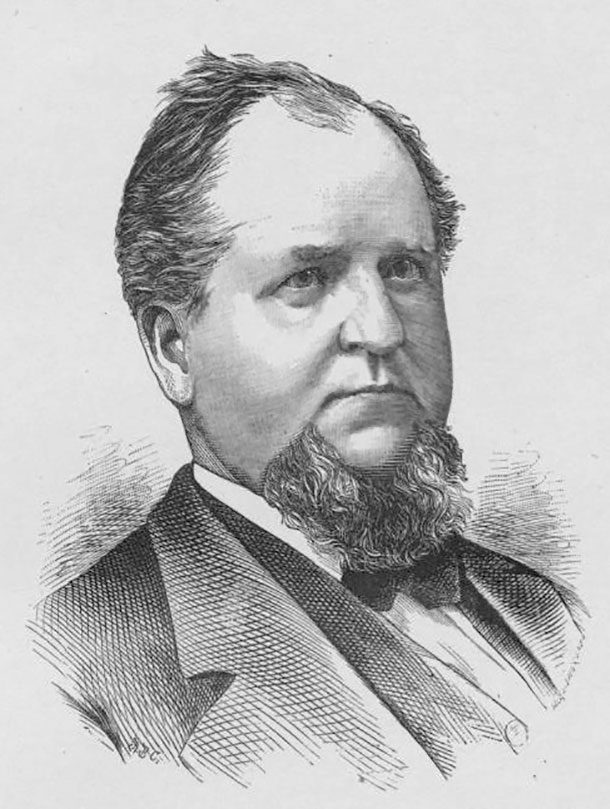
William Lyman received a number of patents. Apart from his works with the ice pitcher, fruit jar and butter dish, his most famous work was inventing the rotating wheel can opener.
Henry Blair
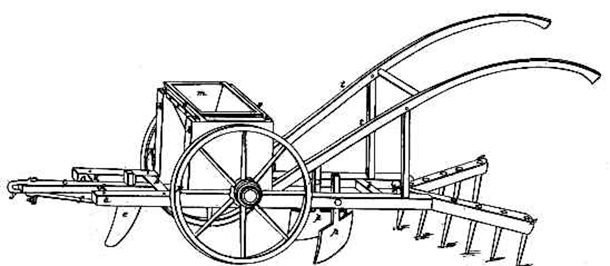
Blair invented a machine that planted cotton seeds on tilled lands. It was called, you guessed it, a cotton planter. Because he was a slave when he invented the planter, Blair didn’t get the chance to obtain a patent for his work.
Gideon Sundback
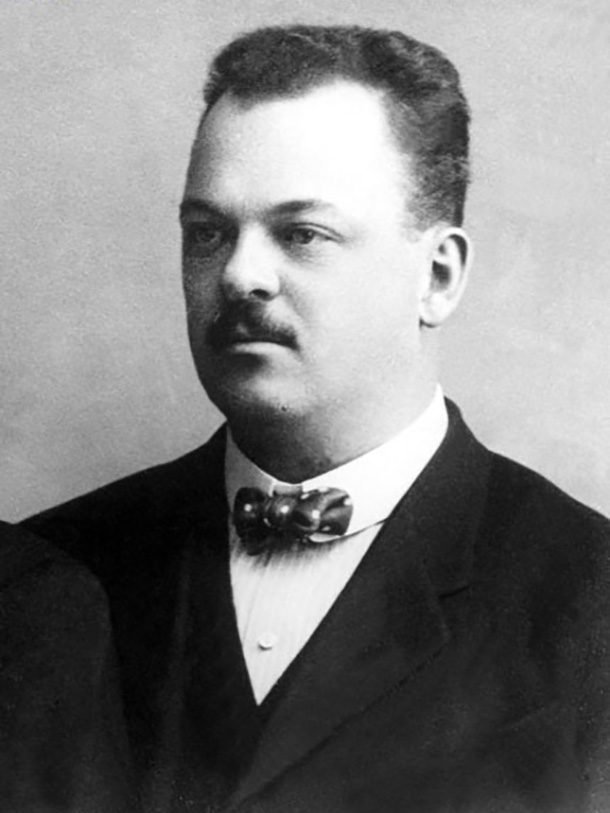
The zipper was an original invention by this Swedish-American, who named it the “continuous clothing closure.” Obviously, that doesn’t quite have the same ring to it.



























